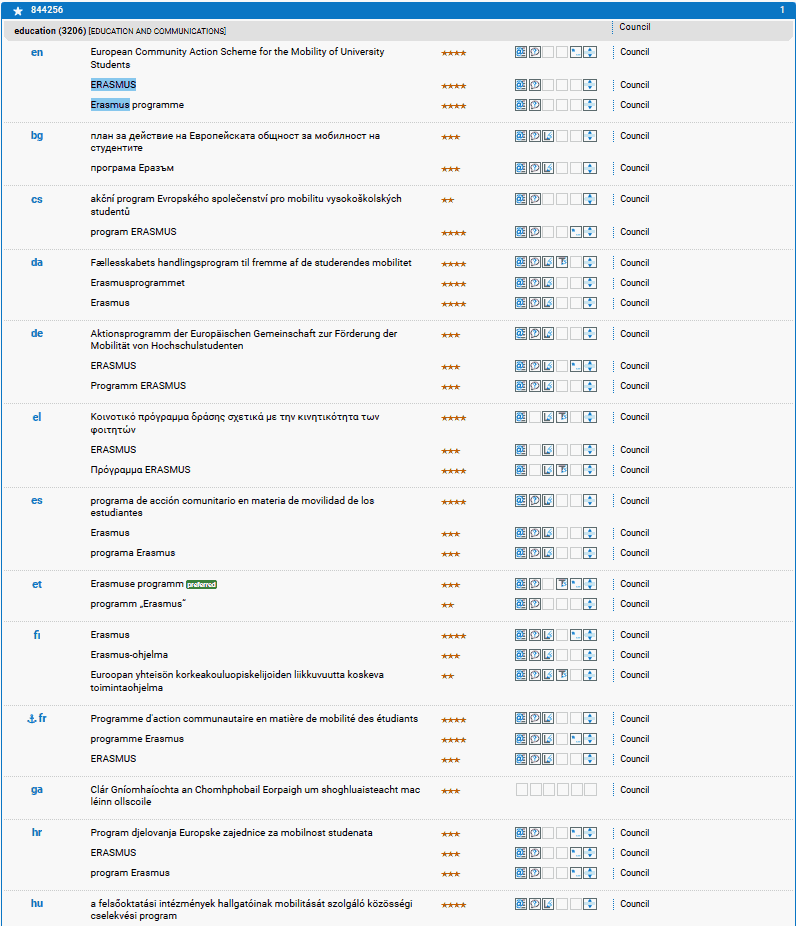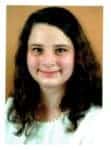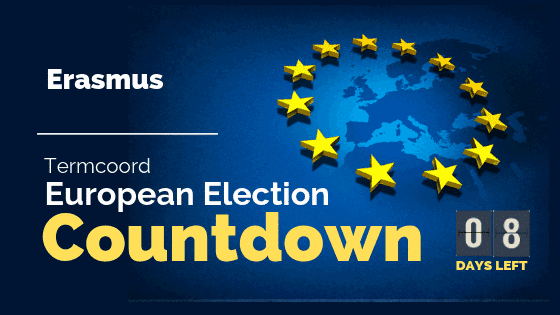
Only 28% of the population group aged 18-24 participated in the 2014 European elections. As a comparison, the turnout of the 55+ group was 51%. However, the decisions taken in the European Parliament affect young people the same or even more, as these decisions influence the future for decades to come.
There are many EU projects aimed towards young people but one of the best-known ones is the Erasmus programme. It started in 1987 with 3000 higher education students from eleven countries. Now Erasmus+ has given more than 9 million people of all age groups the opportunity to learn and grow in different learning environments abroad. It involves many different education institutions and more than 33 countries. The aim of the Erasmus programme is to bring people together and to encourage cultural exchange and understanding. However, it also tackles issues like youth unemployment, early school leaving, and the disenchantment with politics among young people. It also promotes adult learning, and cooperation and mobility with EU’s partner countries.
The programme has a very positive impact on its participant’s future. Most employers consider voluntary experience abroad an advantage in their applicants. Young people who went on an Erasmus+ exchange in higher education are twice as likely to be employed in the first year after graduation. People who participated in the Erasmus+ program as part of their vocational training find a job faster and earn 25% more. The programme also influences the overall tolerance and social skills of its participants and makes them feel more European and aware of common European values.
This May, the European Commission proposed to add €20 million to the Erasmus+ budget. The European Union also does many other things for young people, for example, for young unemployed people, young people involved in politics, young music fans, young entrepreneurs, trainees, apprentices, video gamers, secondary school students, undergraduate and master students, and early school leavers.
The European Union has a huge impact on young people’s lives. So, go and make your voices heard and cast your vote in the European elections between the 23rd and 26th of May.

Sources:
EU budget: Adding €100 million for research and student mobility programmes in 2019. European Commission – PRESS RELEASES – Press release – EU budget: Adding €100 million for research and student mobility programmes in 2019. http://europa.eu/rapid/press-release_IP-19-2493_en.htm. Accessed May 17, 2019.
Iate. https://iate.europa.eu/entry/result/844256/en. Accessed May 17, 2019.
Post-election survey 2014 . https://www.europarl.europa.eu. https://www.europarl.europa.eu/pdf/eurobarometre/2014/post/post_ee2014_sociodemographic_annex_en.pdf. Published October 2014. Accessed May 17, 2019.
Smith J. What is Erasmus ? Erasmus – European Commission. https://ec.europa.eu/programmes/erasmus-plus/about_en. Published May 7, 2019. Accessed May 17, 2019.
Smith J. Opportunities for Individuals. Erasmus – European Commission. https://ec.europa.eu/programmes/erasmus-plus/opportunities/overview_en. Published February 4, 2019. Accessed May 17, 2019.
This time I’m voting – European elections. This time I’m voting – European elections. https://www.thistimeimvoting.eu/. Accessed May 17, 2019.


